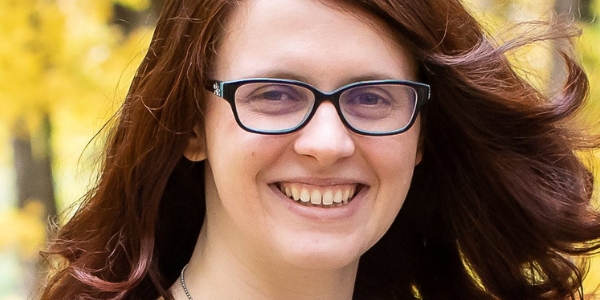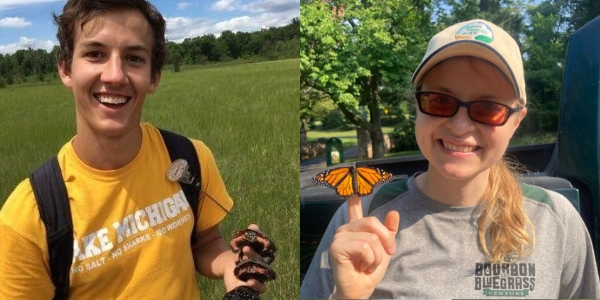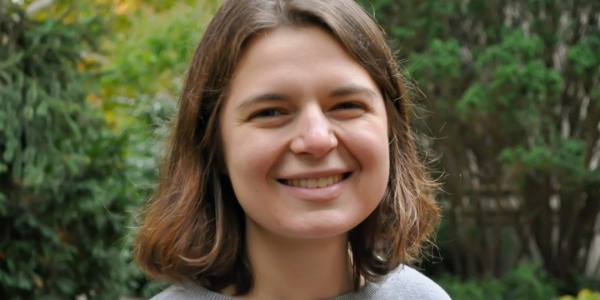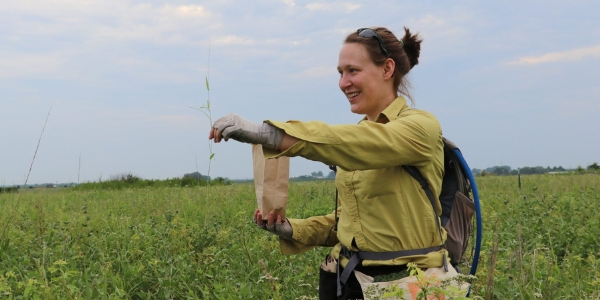MSU named charter member of Northern Institute of Applied Climate Science
Michigan State University is joining the Northern Institute of Applied Climate Science (NIACS) as a charter member, opening opportunities to expand application of MSU's research and outreach.
The Northern Institute of Applied Climate Science (NIACS) is a collaborative effort among the U.S. Forest Service, universities, conservation organizations, and forest industry experts to provide information on managing forests for climate change adaptation and enhanced carbon sequestration.
MSU's Department of Forestry and the Forest Carbon and Climate Program have fostered a relationship with NIACS through previous collaboration, which led to MSU's invitation to join the team as a charter member.

Focused primarily in the Northeast and Midwest U.S., NIACS builds partnerships, facilitates research, and synthesizes information to bridge gaps between carbon and climate science research and the information and management needs of natural resource professionals, woodland owners, policymakers, and the public.
"Joining NIACS as a charter member provides MSU opportunities to work collaboratively with organizations who have common goals, especially in the climate adaptation and mitigation realm, as well as looking at how to better manage forests for improved carbon storage and sequestration," said Richard Kobe, MSU Department of Forestry chair.
MSU has supported NIACS in its efforts to share the Adaptation Workbook - created to relate the large amount of research information on climate change and potential impacts on natural resources and agriculture to land owners and managers who are unsure how climate change applies at scales relevant to their work.
"NIACS has a unique role in what we would call Extension, hosting on-the-ground workshops, capacity building and creating materials that synthesize the science into easily digestible workbook-style guides," said Lauren Cooper, FCCP Program Director and academic specialist in the Department of Forestry. "We fit very nicely into that target area in terms of our outreach goals and targets. Historically, NIACS has been focused on climate adaptation. Our emphasis is more on climate change mitigation, so that is a nice way we can come together and partner in new ways."
Cooper cited MSU's professional short course "Understanding Forest Carbon Management," as an example of a collaborative project that has already produced results. The course, built by the FCCP to provide a robust introduction to the benefits of forest land management specific to carbon while offering clear action paths.
Additionally, NIACS and MSU partner on various research projects, including an ongoing project designed to perform landscape scale carbon modeling of forest management scenarios in seven U.S. states, with NIACS focused on stakeholder engagement in the project and Cooper's team contributing to the modeling work. MSU joining the NIACS team will allow for more research collaboration in the future, Cooper said.
"This is an important partnership and as with any good collaboration, the results should be a win/win for all parties. This will extend MSU's reach in this area as well as create new opportunities for our team, while at same time helping meet goals for other organizations that are a part of NIACS," Kobe said.
Read the full story in MSU Today or in its original form in MSU Extension.



